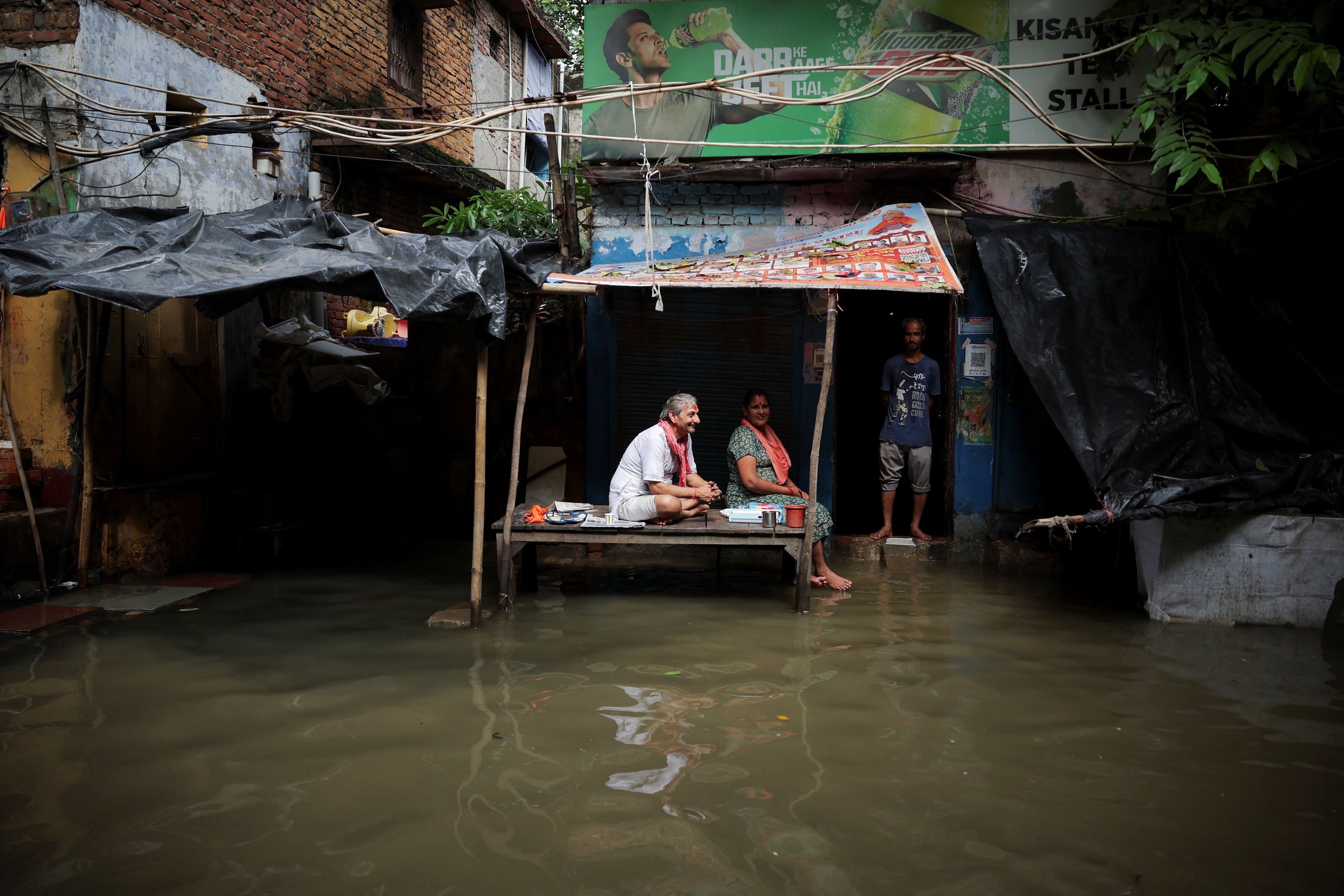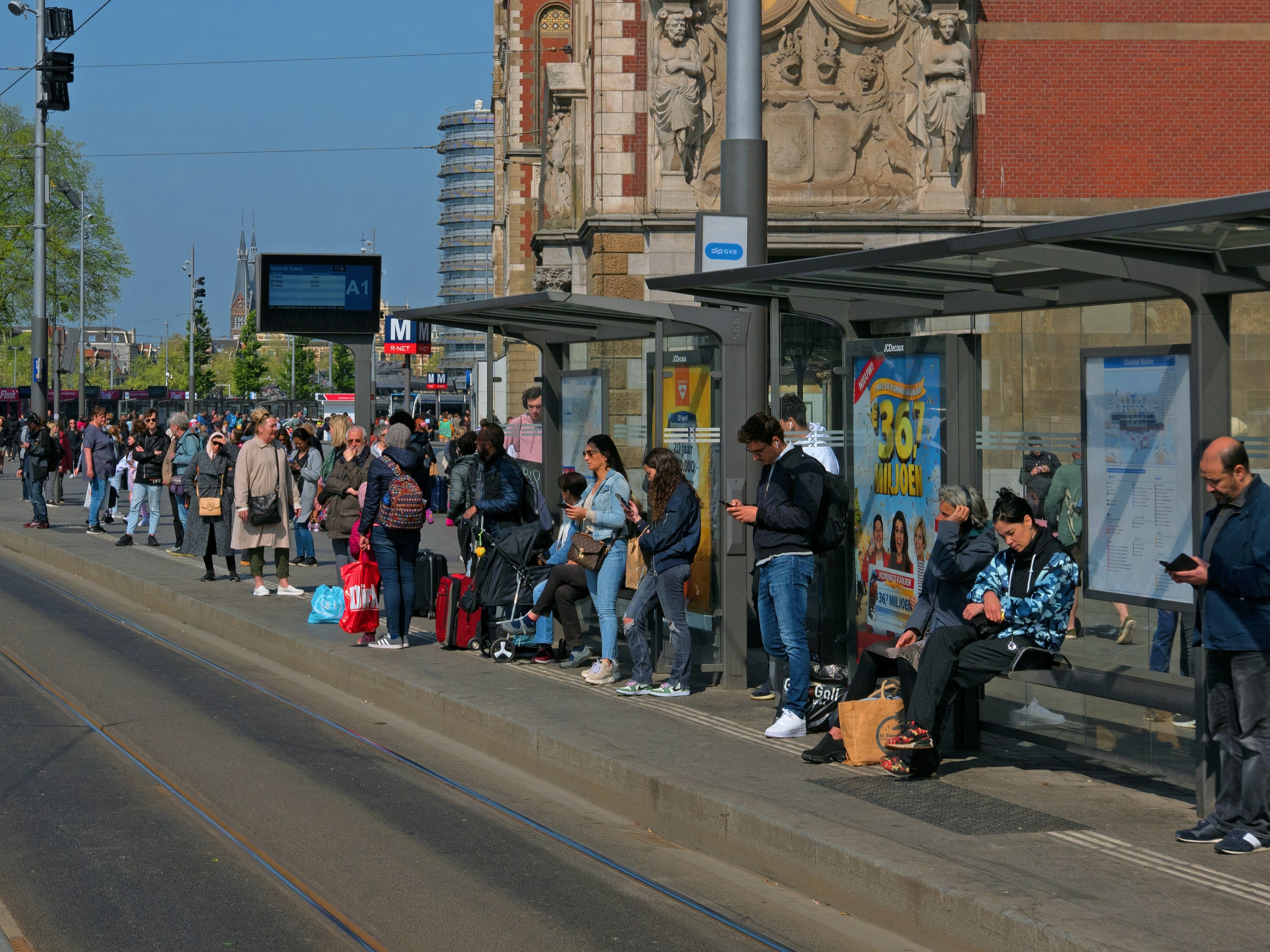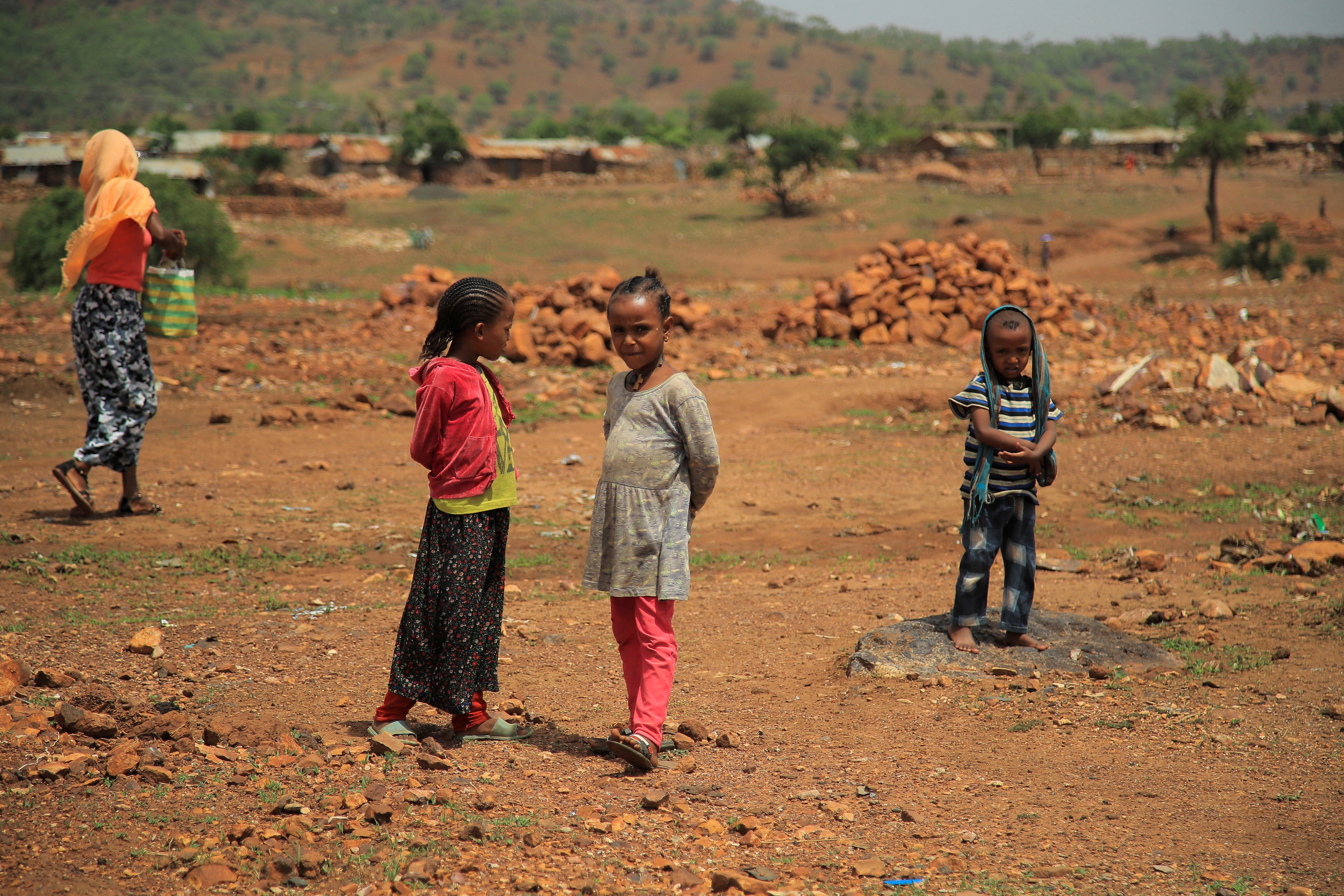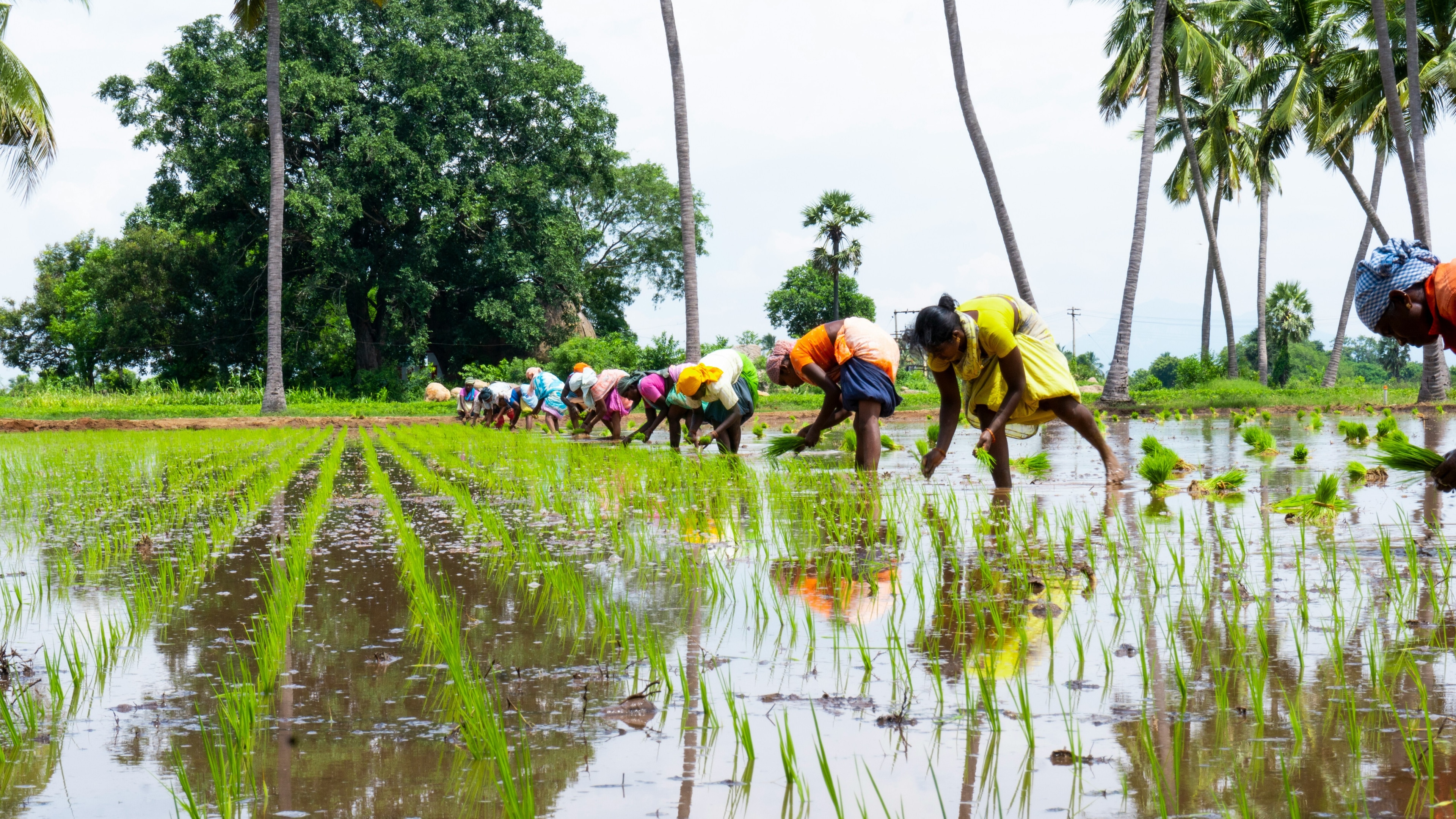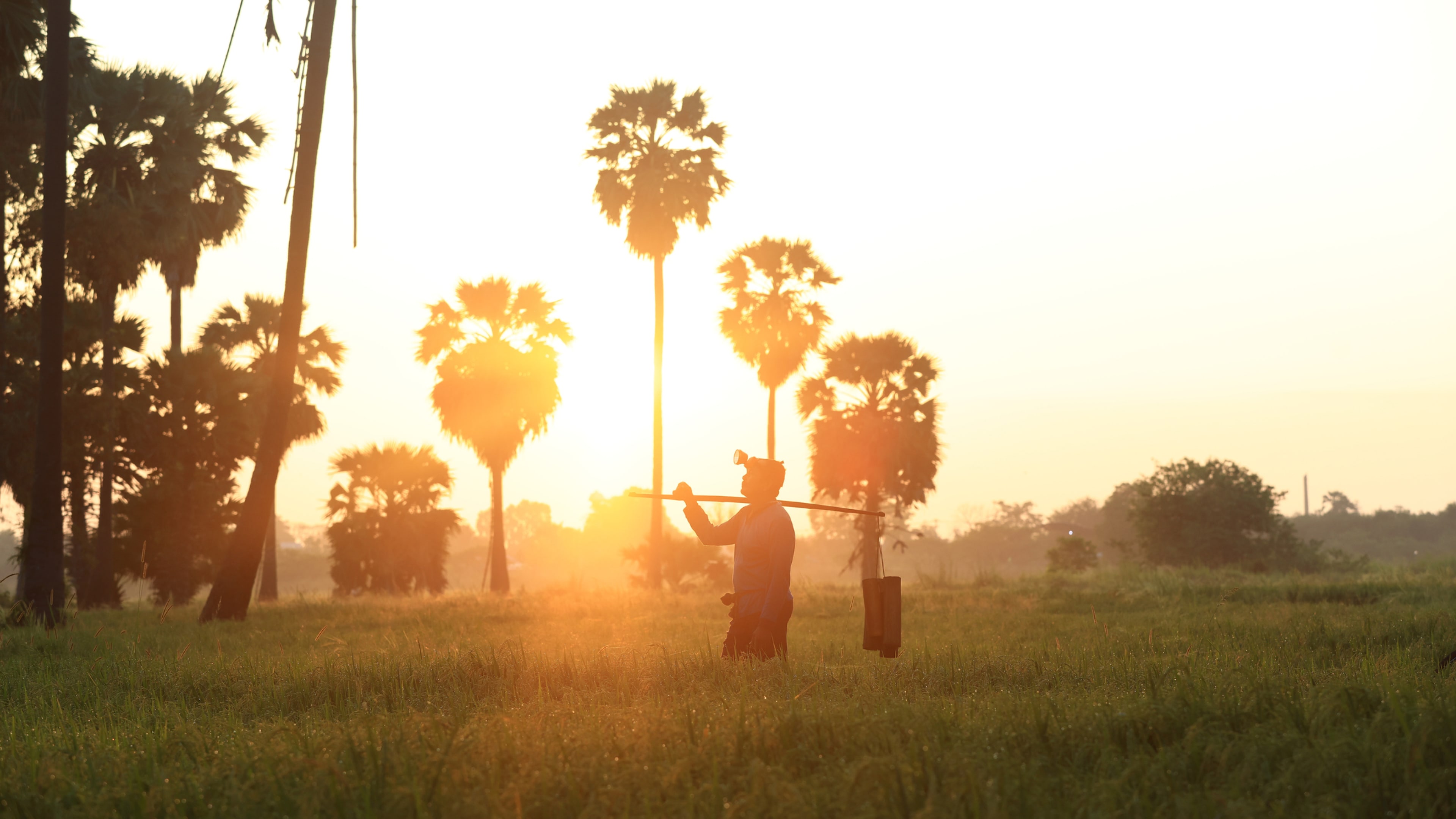Ukraine war highlights urgent need for worldwide humanitarian support

A quarter of Ukraine's population has been displaced by the war, according to the United Nations Deputy High Commissioner for Refugees, Kelly Clements. Image: Reuters/Alexandros Avramidis
Listen to the article
- Aid agencies call for protection of civilians affected by Ukraine war.
- Save the Children: There are no safe places for children in Ukraine.
- Support centres are being established to protect refugees from trafficking gangs.
- Humanitarian leaders urge continued support for all people in crisis zones.
It's still less than a month since Russian forces began their devastating invasion of Ukraine, but already more than 3.4 million refugees have fled to neighbouring countries.
On Monday, leaders of some of the world's biggest humanitarian organizations called for continued – and additional – support for the displaced people pouring across Ukraine's borders, and warned that other crises around the world must not be forgotten.
Addressing a World Economic Forum Special Agenda Dialogue on the Humanitarian Situation in Ukraine, Kelly Clements, United Nations Deputy High Commissioner for Refugees (UNHCR), said a quarter of Ukraine's population has now been displaced.
“Six and a half million are internally displaced now, 3.4 million are refugees mostly in neighbouring countries and 13 million, we estimate, are stranded or trapped in areas of Ukraine where they can't reach safety – this is most troubling.”
Children under fire
Among the those trapped in the conflict zone are millions of children whose homes and schools are suddenly on the front line of the war.
Inger Ashing, Chief Executive Officer of Save the Children International said reports from her teams on the ground in Ukraine show that there are no longer any places of safety for children.
"We are extremely alarmed by reports that bombs and intense shelling have damaged more than 460 schools across the country and that 60 lie in complete ruins," she said. "School should be a safe haven for children, not a place of fear, injury and death.”
Catherine Russell, Executive Director of the United Nations Children's Fund (UNICEF), said the UN has verified the deaths of 64 children and that this number is likely to grow. Millions of families are sheltering in basements and train stations with little access to water or adequate sanitation, she said.
Facing danger at home or abroad
The horrific conditions inside Ukraine mean more people will make the decision to flee in search of safety. Russell has seen for herself the tide of women and children leaving the country and heading into an uncertain future.
"I was recently on the border of Romania where almost half a million people, mainly women and children, have crossed to escape the violence and are travelling with next to nothing," she said. "The children have their little backpacks on; the mothers are usually dragging a roller bag behind them. Some of them really only have the clothes that they managed to grab before they left."
Russell told the panel that UNICEF and other organizations are now working to protect the refugees from trafficking gangs – especially in the cases of children who have been separated from their parents. "UNICEF and UNHCR are setting up safe spaces for women and children at border crossings and reception areas in all neighbouring countries. They provide information, psychosocial support and protection from exploitation and abuse."
How is the World Economic Forum helping to improve humanitarian assistance?
Global repercussions from the war in Ukraine
As international sanctions on Russia begin to bite, it's clear there are also implications for vulnerable populations around the world. Humanitarian agencies working to get food to people trapped in Ukraine are also urging governments and the private sector to ensure that other crises are not forgotten.
David Beasley, the Executive Director of the United Nations World Food Programme (WFP) told the panel that Ukraine grows enough wheat to feed 400 million people around the world and that 50% of the wheat his organization ships to vulnerable communities comes from the country.
Escalating operational costs due to rising food and fuel prices meant that even before the war in Ukraine, the WFP was already critically short of funding for its operations in Afghanistan, Yemen, Syria, Ethiopia and the Sahel region of Africa, Beasley added.
It's a message strongly supported by the UNCHR's Kelly Clements, who says that while the world rightly focuses on Ukraine, it must not look away from crises that predate Europe's latest conflict. "We have to not take our eye off those other crises. The Global Humanitarian Overview asked for a record $41 billion for 274 million people. If you combine that with the requirements that we're seeing in light of the Ukraine situation … the requirements that we have to continue to meet those needs are also increasing."
Don't miss any update on this topic
Create a free account and access your personalized content collection with our latest publications and analyses.
License and Republishing
World Economic Forum articles may be republished in accordance with the Creative Commons Attribution-NonCommercial-NoDerivatives 4.0 International Public License, and in accordance with our Terms of Use.
The views expressed in this article are those of the author alone and not the World Economic Forum.
Stay up to date:
Ukraine
Forum Stories newsletter
Bringing you weekly curated insights and analysis on the global issues that matter.
More on Resilience, Peace and SecuritySee all
Shoko Noda and Kamal Kishore
October 9, 2025


